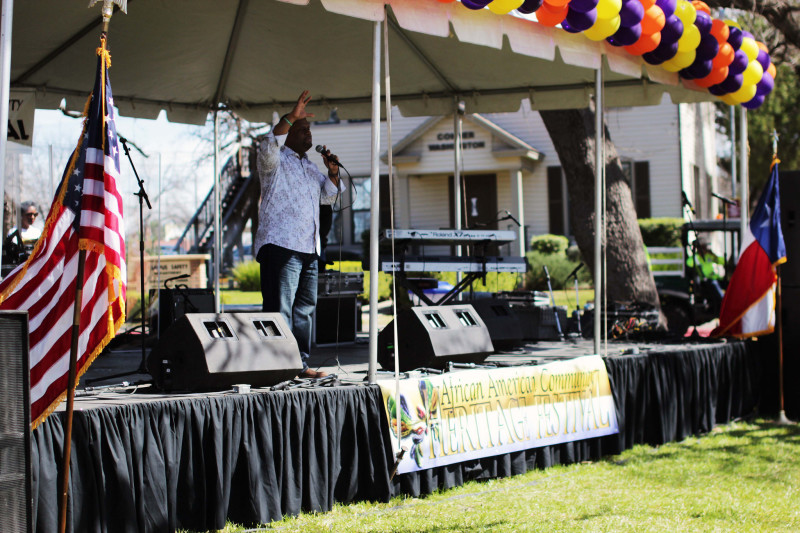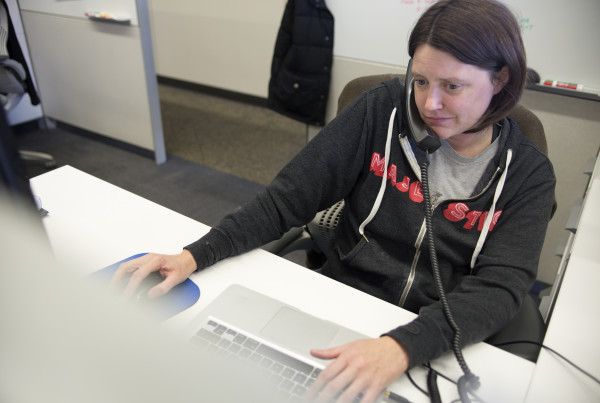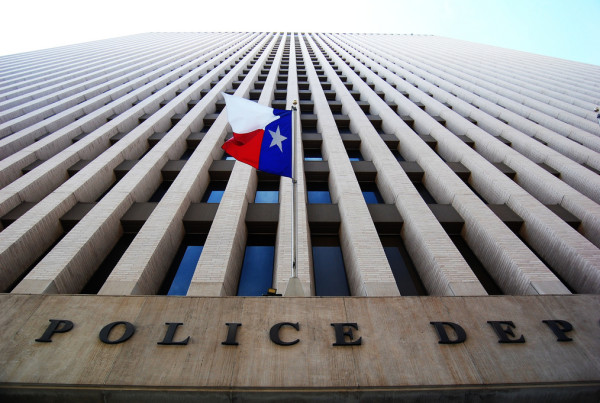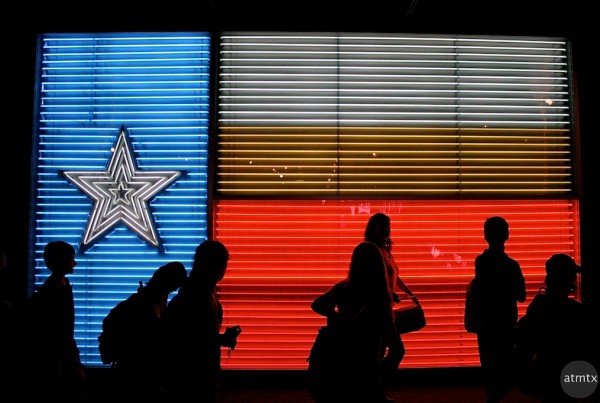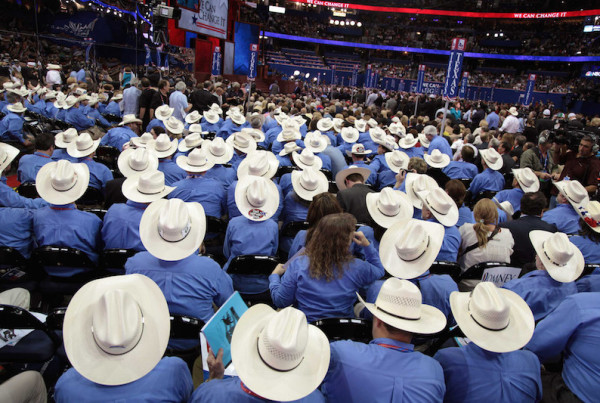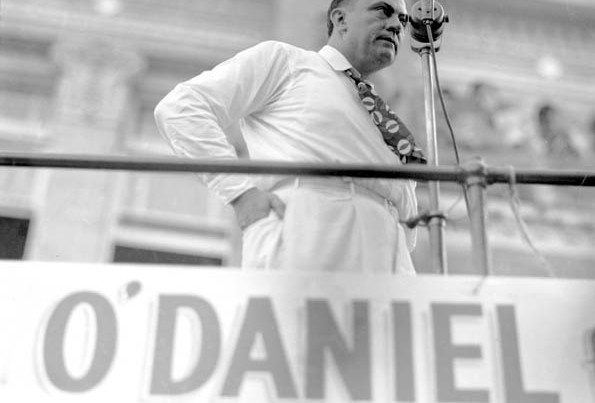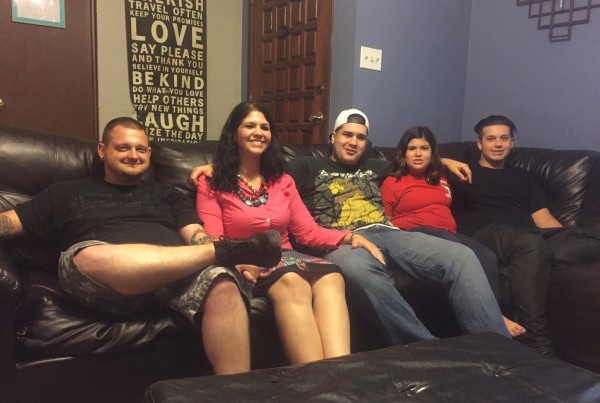Walk onto any historically Black college or university campus across Texas and you’re likely to hear calls from a Greek organization like Kappa Alpha Psi. That’s one of the many Greek organizations established by African-Americans. Greek life is often strong at HBCUs and so is the emphasis on black identity, empowerment and leadership.
By definition, an HBCU is a college or university established before 1964 that was founded with the primary goal of educating students of African-American descent. But HBCUs have long admitted students of all races.
Enrollment is up at colleges across Texas. The numbers have been on the rise for the past 30 years or so. While HBCUs in Texas are also seeing higher overall enrollment – there’s actually been a decrease in the enrollment levels of African-Americans. That’s just one of the challenges HBCUs face.
According to a 2011 study by the U.S. Department of Education, 3 million African-Americans were enrolled in accredited institutions across the country, but less than one in 10 of those students were enrolled in HBCUs.
Of those who are attending HBCUs, their reasons for doing so are varied. One HBCU alumna says her attendance originally resulted from a miscommunication.
Gwendolyn Ivery graduated from Prairie View in 1991. She says going to an HBCU helped her understand her cultural identity.
“I actually was suppose to go to Purdue,” Ivery says. “My mom actually heard my dad wrong and I ended up at Prairie View. I didn’t know how bad I needed an HBCU until I attended. I was raised in a multicultural area, but I really didn’t fit in and so when I went to Prairie View I became more cultured there. ”
Now Ivery’s son Erron is attending his mother’s alma mater. That’s partly because his parents immersed him in the culture of the school as he was growing up.
“As young as I was to be on campus and go wait outside my mom’s class or my dad’s class – I still remember what it was like then,” Erron Ivery says. “Just two decades later it still just feels good.”
Ivery’s daughter Jerika King was brought up the same way, but enrolled at Texas Tech after high school and later transferred to Texas State. King says for her, HBCU Prairie View was just the school her mom attended – nothing more.
“I don’t really feel that my experience could have been enriched, honestly,” King says. “I don’t regret not going to an HBCU only because I feel that college is what you make it. I feel like there are people at HBCUs who are probably not getting the full potential out of it. And there are people at Texas Tech or Texas State who feel the same way.”
Baylor professor Lakia Scott has studied why some young African-Americans choose HBCUs and others don’t. She says it’s understandable why King – and others like her – feel the way she does.
“She’s become uniquely familiar with what an HBCU can provide. She has probably gone to homecoming and other HBCU events,” Scott says. “An unintended consequence – that she has been so inundated with the HBCU experience, she almost feels like she has had it already.”
Scott co-authored “Last of the Black Titans: The Role of Historically Black Colleges and Universities in the 21st Century.” It explores some of the challenges facing HBCUS – including school closures, accreditation issues, funding problems and negative media coverage.
“Now what you see in the land of opportunity and access – where a student can go anywhere they choose if they are admitted – HBCUs are now having to fight for black students and non-black students for access to funding,” Scott says.
So what’s ahead for HBCUs? Scott says it starts with high schoolers being shown that HBCUs are an option after graduation. But HBCUs also need to do more to boost their institutional reputations. They’re fighting not just to preserve their schools, but to preserve a piece of American history.


